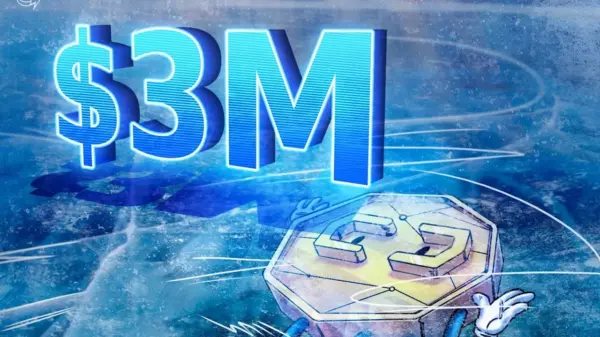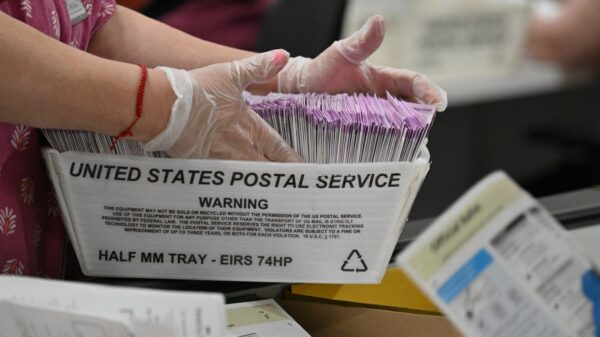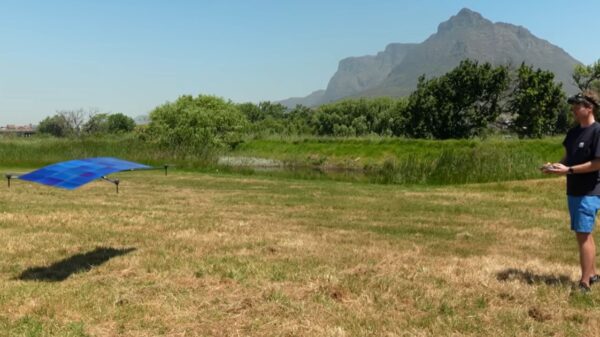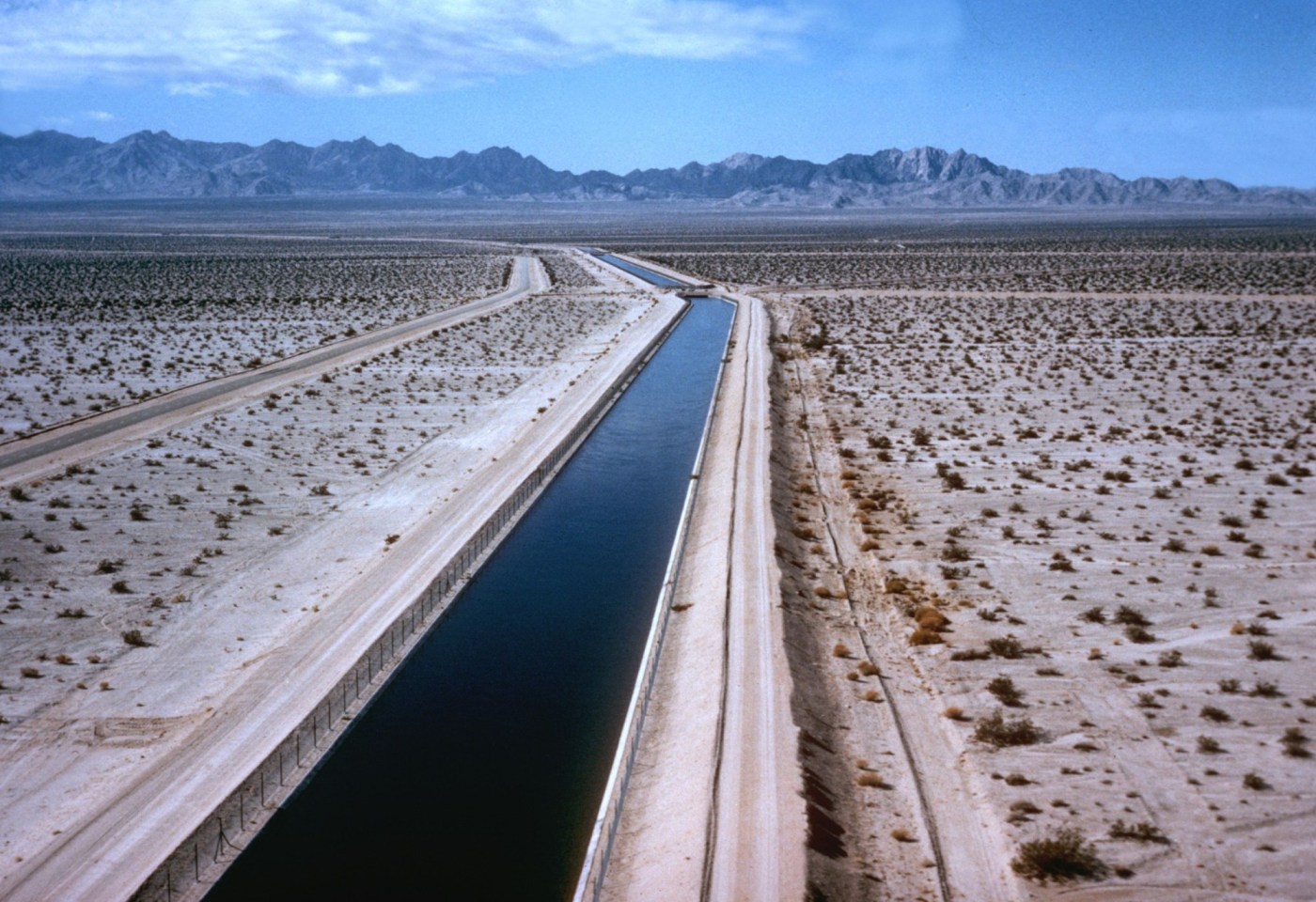The position of general manager at the Metropolitan Water District of Southern California is currently vacant, prompting significant discussions about the future of water management in the region. This role, considered one of the most critical in the area, has seen three leaders in the past five years, with the latest, Deven Upadhyay, set to retire at the end of this year. District officials are actively searching for a new leader who can provide the stability essential for managing the area’s water resources, which serve approximately 19 million residents across six Southern California counties.
The Metropolitan Water District is the largest publicly funded water wholesaler in the United States, responsible for importing water from the Colorado River and Northern California. The organization operates with an annual budget of around $2.4 billion, funded by property taxes and water fees, and is in the process of implementing two significant rate increases: an 11% hike this year and a further 10% increase in 2026. The district also currently carries approximately $3.1 billion in bond debt.
The new general manager’s responsibilities extend beyond administrative duties; they will influence decisions on critical projects, including the controversial Delta Conveyance Project. This proposed $20 billion pipeline aims to enhance water flow from Northern California to Southern California, a concept supported by numerous state governors over the years but met with opposition from environmentalists and local stakeholders. A final decision on the project is anticipated within the next 36 months, with the Metropolitan Water District potentially liable for at least 60% of its costs.
Adán Ortega, chairman of the board at the Metropolitan Water District, emphasized the importance of stability in leadership, stating, “This is really a transformative time for our region.” He noted that the hiring of the new general manager coincides with an array of significant decisions that will shape the district’s future.
The hiring process has faced scrutiny for perceived secrecy, as the board of directors has consistently refrained from disclosing the names of potential candidates or the specific issues being discussed. A recent meeting on August 19 to discuss Upadhyay’s successor concluded without any appointments, prompting concerns from groups such as the Employees Association of the Metropolitan Water District. President Alan Shanahan criticized the lack of transparency, stating that it risks eroding trust among employees and the public.
Shanahan’s public letter expressed worries about the selection process and the inclusion of “unofficial straw polls,” suggesting that these tactics could lead to a predetermined outcome favoring candidates aligned with traditional water import strategies. He raised the possibility that contractors who work with the district may unduly influence the hiring of a public employee responsible for significant financial decisions.
The search for a new general manager has broader implications for the management of water resources in Southern California. Critics argue that the current reliance on imported water is an outdated model, especially in light of climate change and increasing competition for resources. As demand for water rises and sources become less reliable, the Metropolitan Water District may need to pivot towards innovative strategies.
One such strategy is the district’s Pure Water program, which aims to recycle wastewater into drinking water—a project that could cost up to $8 billion and significantly reduce dependence on imports. A pilot program is already operational in Carson, showcasing the potential for local water solutions that are resilient to future droughts.
Ortega pointed out that the evolving landscape of water management is a crucial factor in the search for the next general manager. He underscored that candidates are being evaluated based on their ability to navigate both traditional import strategies and emerging technologies aimed at increasing water independence.
As the Metropolitan Water District continues its search, factions within the board appear to diverge in their visions for the future. Some board members advocate for a continuation of the district’s historical reliance on imported water, while others push for a shift towards self-sufficiency through initiatives like the Pure Water program.
The outcome of this hiring process will likely play a pivotal role in determining the direction of water policy in Southern California. As Ortega stated, “All of the proposals we’re looking at are huge projects,” indicating that the decisions made in the near future will have lasting impacts on the region’s water supply and management strategies.





































































